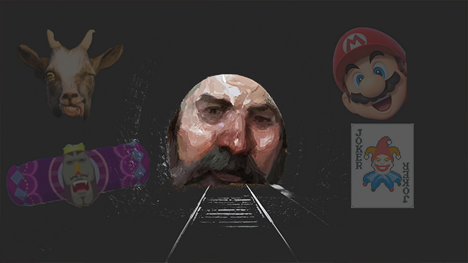
Featured Blog | This community-written post highlights the best of what the game industry has to offer. Read more like it on the Game Developer Blogs or learn how to Submit Your Own Blog Post
Games that make us think
What is the common point between Charlie Chaplin’s The Great Dictator, Spielberg’s ET and Victor Hugo’s Les Misérables? They are all seen as masterpieces in their respective genre, but why?


What is the common point between Charlie Chaplin’s The Great Dictator, Spielberg’s ET and Victor Hugo’s Les Misérables? They are all seen as masterpieces in their respective genre, but why?
Is it because they offer spectacular action or spellbinding stories? Because they are humorous ?
No. They are masterpieces because they talk to us. They speak of our search for happiness, our thirst for a peaceful and harmonious world, they talk about our inner desire for a better world.
Their authors are telling us one thing: Such a world is possible. Their objective is to make us aware that good decisions and proper actions, even at the individual level, can steer the world in the right direction.
Masterpieces are not limiting themselves to storytelling; they are written to meet one objective: To make us think. Great authors want to change our behaviors, erase our ignorance and correct our prejudices.
I state that there is no reason such masterpieces will not emerge in our industry. I also believe that giving depth and meaning to games will simply make them better.
Such games are beginning to appear. This War Of Mine is a good example. Developed and published by Polish studio 11 Bit, This game is about the survival of a group of civilians in a modern city under siege. Sounds familiar? It does. Recent history has been stained by such gruesome events. The game offers a strong gameplay, mixing management and stealth.
What is this game telling us? First, it is showing us the horrors that civilians have to endure during a war. In an industry where many of our products tend to make common place of war, if not to glorify it, this is already a strong statement; but the game goes further.
A movie or a documentary could show us the same things but a game offers a different perspective, both new and powerful: It turns us into actors of the drama and put us in situations where we have to make decisions …. dramatic decisions. For instance, if one member in your party falls sick, what decision will you take when you find pharmaceuticals in a house occupied by an elderly couple? Will you rob them? will you kill them? Or will you simply turn away?
It is because you have to take this type of decision, because you are facing dramatic situations that you develop empathy toward civilians trapped in that hell.
And when you feel empathy toward characters in a video game, it offers a better experience because it generates stronger emotions.
Therefore, I believe that games that will create such emotional shocks are one of the future paths for game development.
We will see an increasing number of games written and designed to generate strong emotions, games where we will come across protagonists we can believe in, games built around situations we can relate to, games where players will feel empathy toward characters or causes.
I believe this trend is inevitable for several reasons:
First, the relative weight of « older players », i.e. over 35 years old, will grow. They will enjoy games with depth and content.
Second, publishers and studios will realize that quality storytelling improves the game experience and, therefore, improves the commercial potential of what they publish.
Last, authors that understand how to use the game media will emerge and pass on their messages.
Our industry will, like all other art forms, develop masterpieces that will find their place in our world heritage and will contribute to a better world.
Read more about:
Featured BlogsAbout the Author(s)
You May Also Like


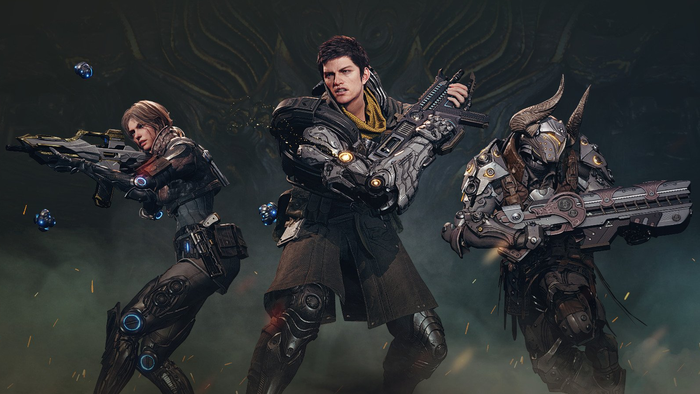
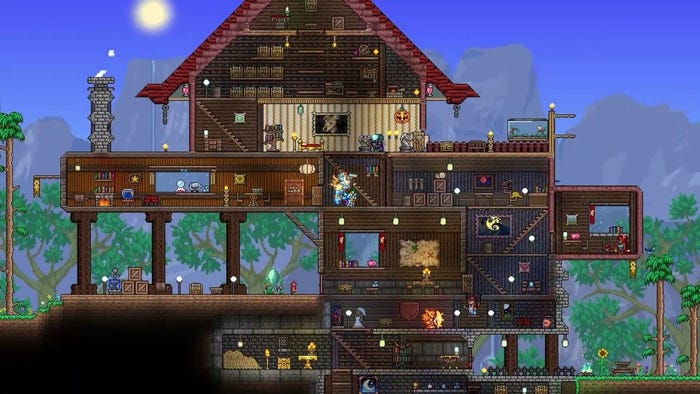
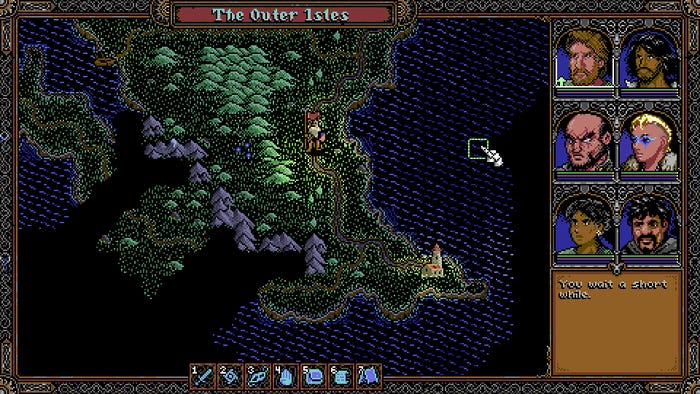
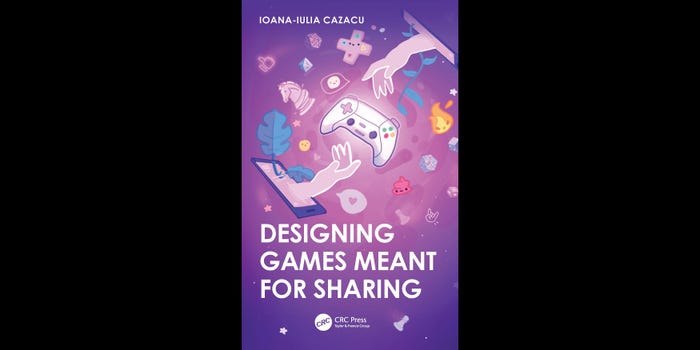

.jpeg?width=700&auto=webp&quality=80&disable=upscale)


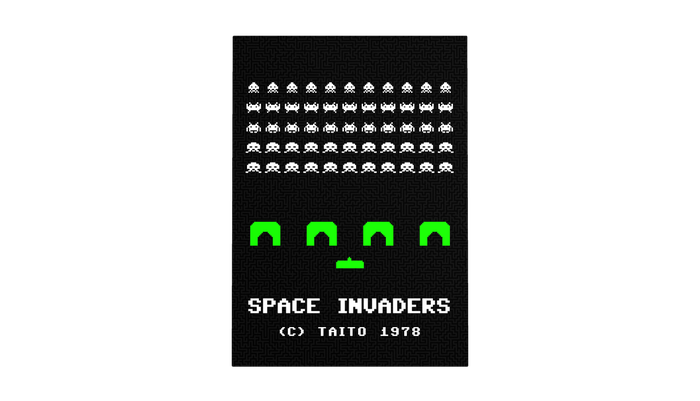
.jpg?width=700&auto=webp&quality=80&disable=upscale)
